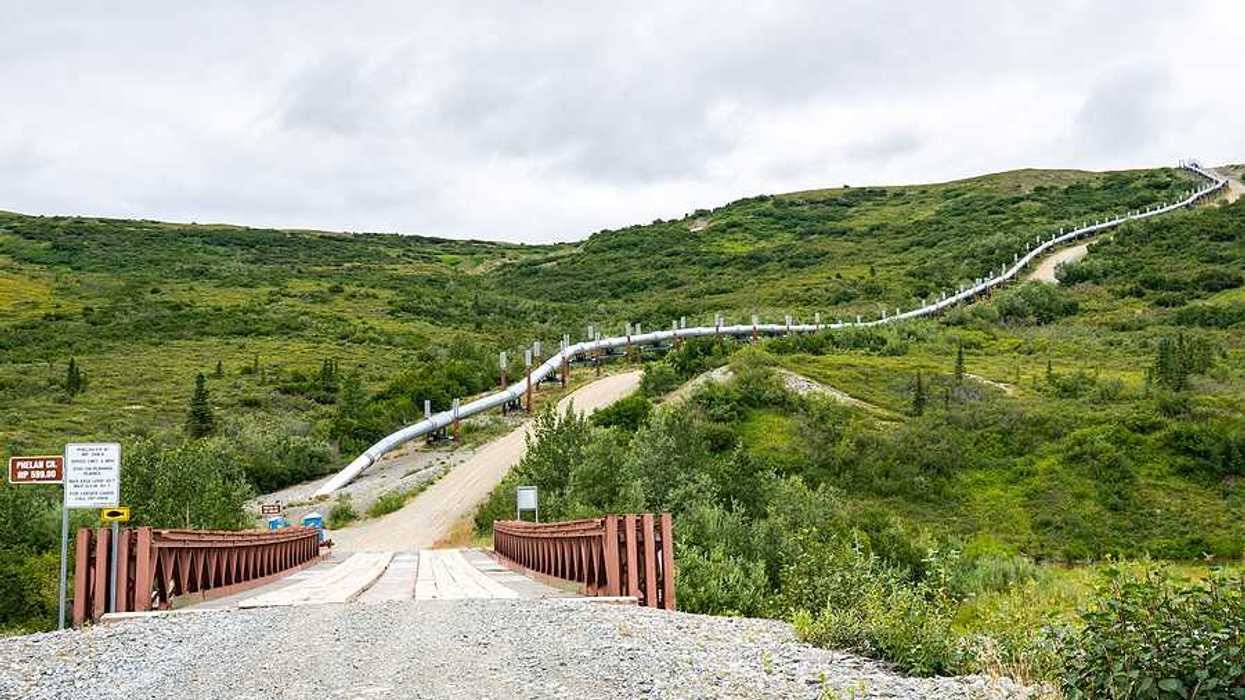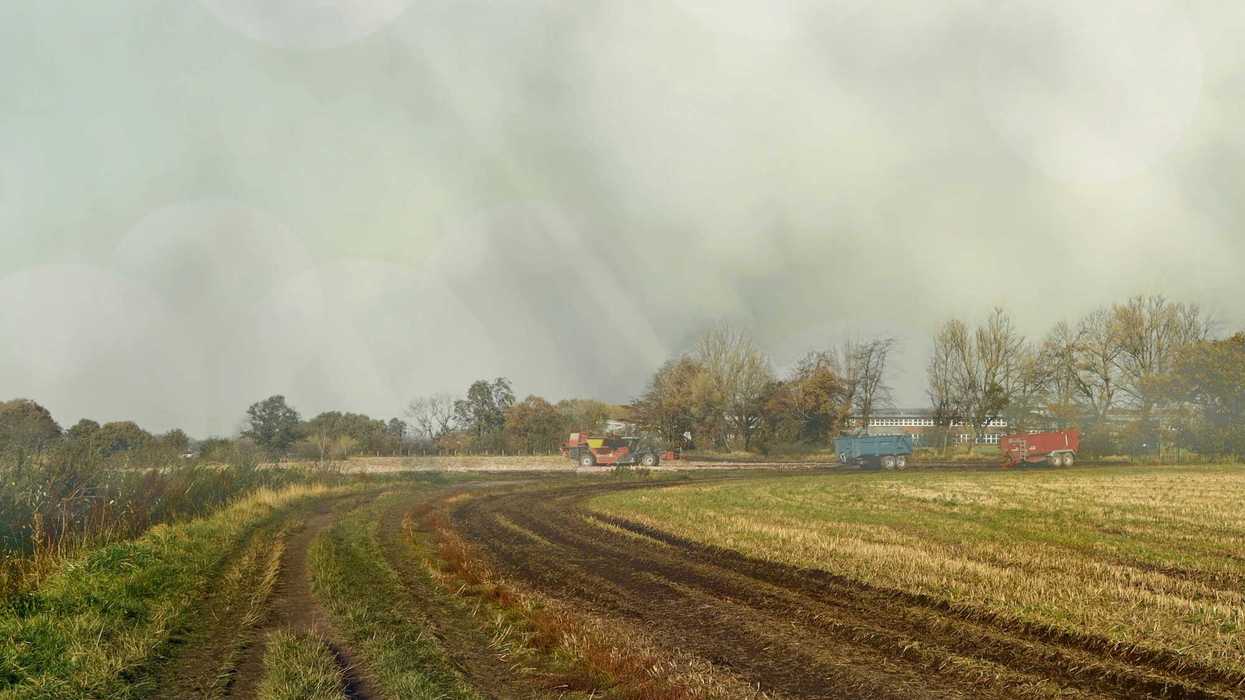Communities in Jordan are successfully using the ancient practice of hima to combat overgrazing and desertification, revitalizing local ecosystems and traditions.
Diana Kruzman reports for bioGraphic.
In short:
- Hima, an ancient land-management practice, is being revived in Jordan to combat overgrazing and desertification, resulting in a significant increase in plant biomass and biodiversity.
- The rotational grazing system protects certain areas, allowing them to recover, which benefits both the environment and local shepherds.
- International conservation organizations are looking to scale up this culturally integrated approach across the Middle East.
Key quote:
"Our religion tells us that whoever plants a tree—and an animal, a bird, or a person eats from it, or takes shade in it, or lives in it—then he has good deeds, and his reward is with God."
— Emad al-Alimat, Bedouin shepherd
Why this matters:
Reviving hima not only restores ecosystems but also supports local communities, blending conservation with cultural and religious traditions, and offering a sustainable model for land management in arid regions. Read more: Climate, justice, and the deep roots of regenerative farming.














